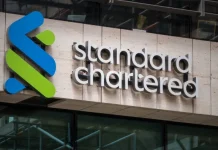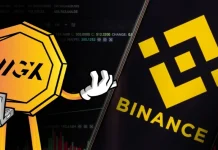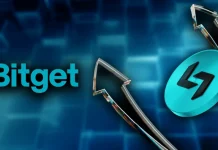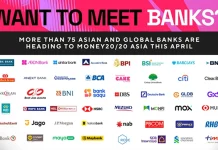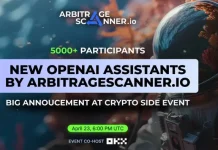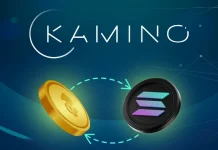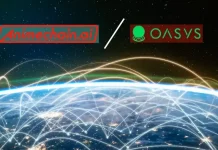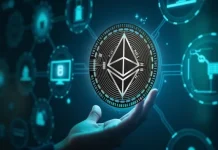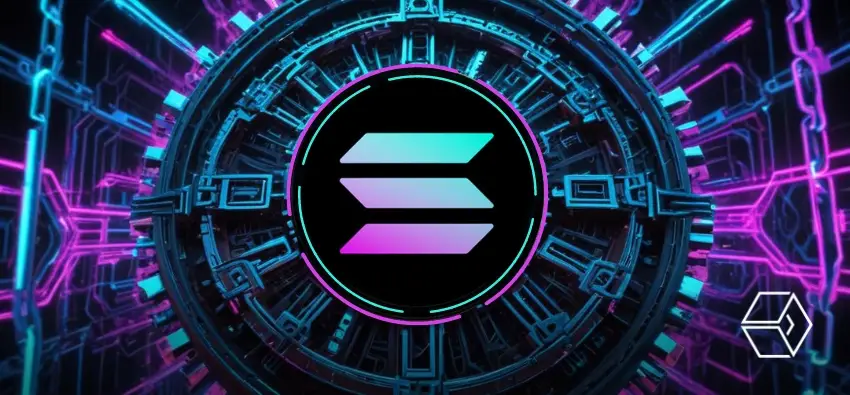
Solana has recently introduced a revolutionary tool known as zero-knowledge (ZK) compression in partnership with Helius Lab and Light Protocol. This development has led to discussions among members of the cryptocurrency community. Launched on June 21, the feature aims to significantly reduce costs and enhance the Solana chain for developers. This is attained by reducing the size of the data stored in the blockchain solution.
The ZK compression tool employs a zero-knowledge proofing mechanism to guarantee data integrity when it is accessible through the supported RPC providers. Developers can use this sophisticated technique to store only the state roots on the blockchain, while Solana stores the rest of the data. Therefore, this greatly reduces the expenses required to store data on the blockchain platform.
The CEO of Helius, Mert Mumtaz, described how ZK compression opened the door to outstanding innovation. He noted that by scaling the on-chain state, they had been able to scale the blockchain by 10,000 times. This brings them closer to their goal of creating a highly efficient and fast-syncing state machine on a planetary scale. This is a significant step towards enhancing the speed and growth of blockchain technology’s operations.
Austin Federa, the head of strategy at Solana, has pointed out that the new invention has numerous advantages, including the reduction of the expensive fees associated with storing accounts on the blockchain. According to him, ZK compression will help companies bring products to the Solana ecosystem by significantly reducing token and account management costs. Federa also said that this compression solves a major problem for institutions and consumer applications.
Despite its initial implementation, ZK compression has faced criticism. Some insiders of the cryptocurrency community, like Adam Cochran, think that it is actually a layer-2 (L2) network. Cochran emphasized that it is only a matter of time before the people behind Solana realize and acknowledge this L2 potential. Similarly, Ethereum investor Ryan Berckmans echoed Cochran’s sentiments and commended layer-2 networks for working well within the space.
Anatoly Yakovenko, the co-founder of Solana, discussed the similarities with other Layer 2 (L2) offerings. He emphasized that while Solana works like L2, it has successfully avoided some of the significant issues inherent in such systems. Yakovenko, citing some inherent risks, highlighted that different things include the lack of a multi-sig security council, sometimes requiring switching chain IDs or relying on either a governance token or an external sequencer. He explained that Solana’s solution is quite different from the approach of traditional forking, while still allowing validators to earn transaction fees from the network.
The discussion of the actual measures of ZK compression characterizes the blockchain industry’s constant evolution and ongoing search for efficient approaches. There are certainly benefits if ZK compression is about reducing costs and scaling, which can also lead to more usage and, thus, more creative uses within the Solana ecosystem.
It becomes clear from Solana’s developments that their passion lies in dealing with challenges in the blockchain space and improving technological systems. Such innovations as ZK compression are vital in charting the future of decentralized applications and digital assets, proving a big improvement in the blockchain realm.

